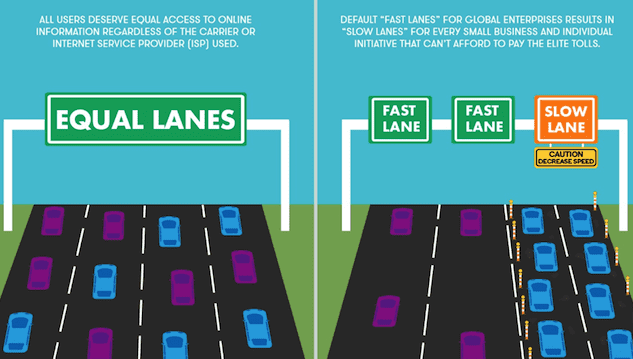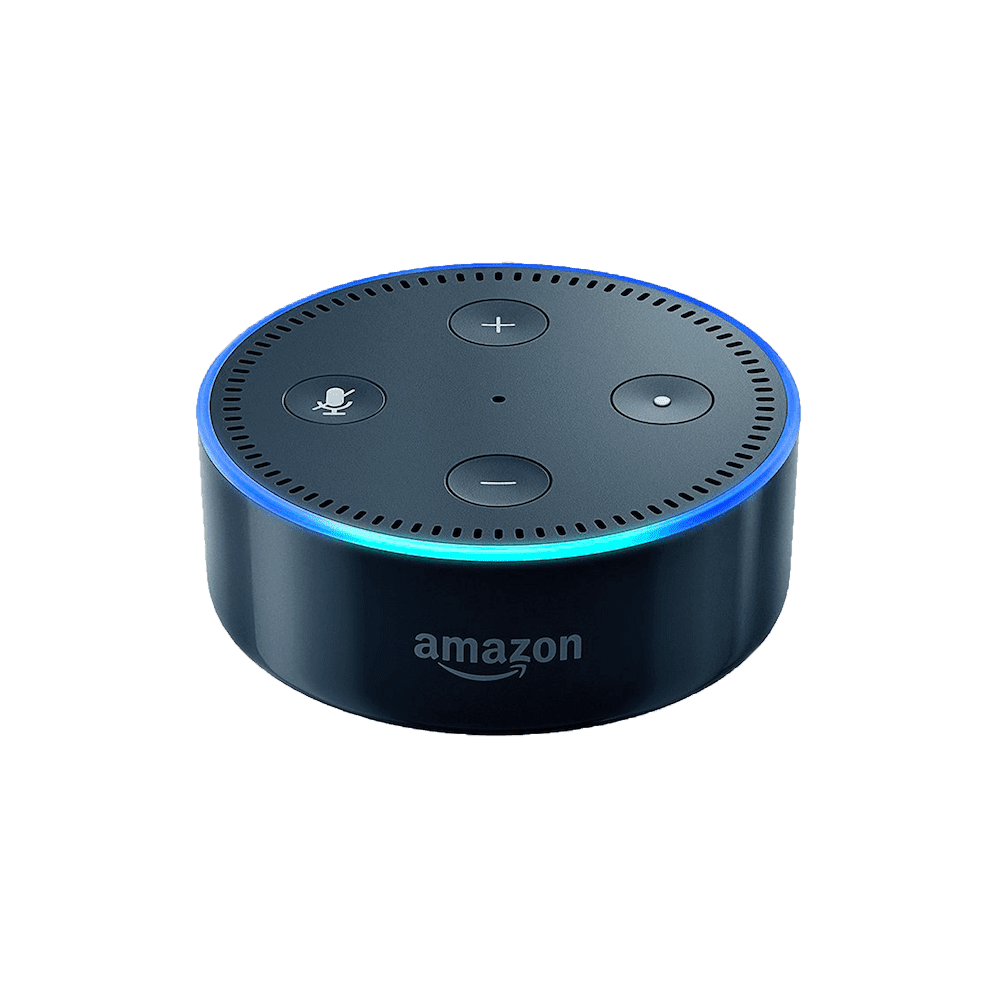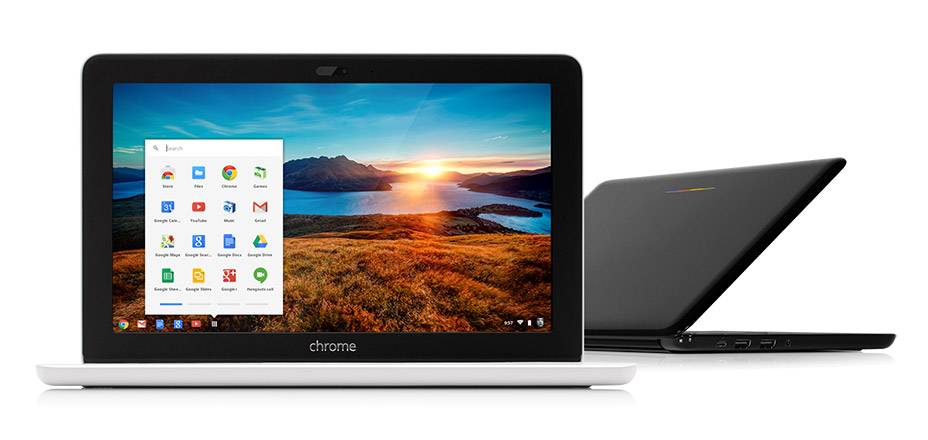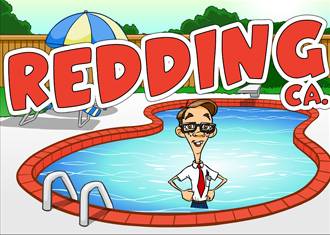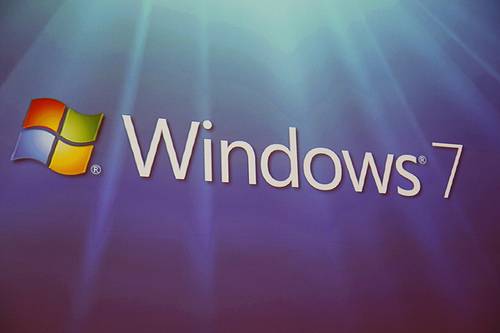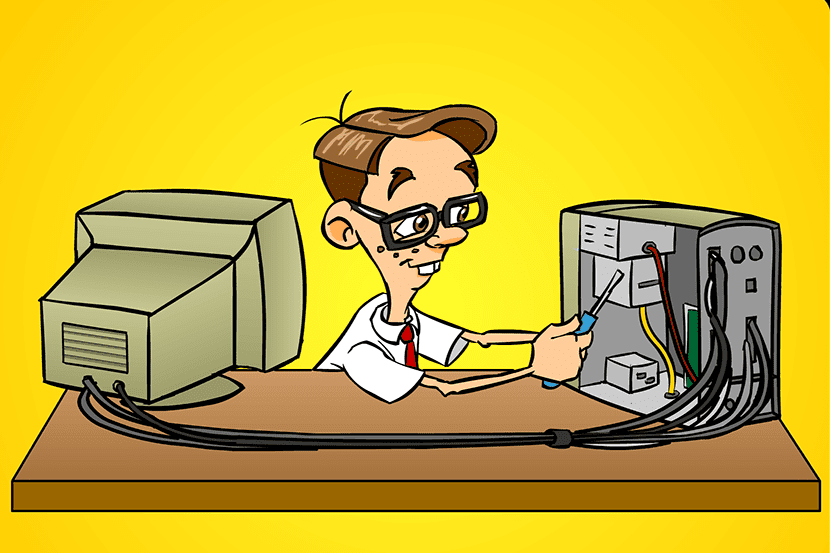Video Transcript
Heather: Okay. Continuing coverage now on that decision today to roll back net neutrality rules.
Frank: For more, we are joined by KTVU tech expert Ryan Eldridge from Nerds On Call. And, Ryan, we were just talking about how during this hearing there’s a bomb threat that was mailed in, they had to bring in dogs to sweep the area before the final vote was taken. That is how heated this subject is. Why is this such a hot topic?
Ryan: It is so contentious. It’s really because it’s not just a matter of just, like, who’s going to get to watch YouTube next week. This is really about our livelihood. My entire company is based online and so without access to the internet and free access to the internet we’re going to have trouble. This could affect millions of people’s jobs, especially in the Silicon Valley. The telecoms have essentially been given a free Christmas gift this year, because when you look at who’s going to benefit from the repeal of net neutrality versus who isn’t, it’s clear that it’s all going to be the telecoms. They’re going to be making millions on this.
Heather: You said that really this is sort of setting the stage for the internet and everyone who uses the internet to sort of become, like, cable subscribers, right?
Ryan: Exactly. And it gives them a lot more power to do things, to block access to certain things that they aren’t happy with. And I’ll give you an example. In Morocco, just earlier this year, the telecoms band together, and they said that they were going to start blocking sites like Skype and different telecoms-type services on the web because it competed with them. Now, granted, here we’ve got the US Justice Department and the FTC to kind of protect from us from that kind of heavy-handed, brazen, “I’m going to take over the world,” kind of thing. But it does give the ISPs access to be able to do that. And the FCC is saying that they’re going to hold the ISPs to terms where, in their terms of service, they have to tell you if they’re going to block or slow down any access to certain sites. But who reads those, right? And consumers tend to kind of sleep on that sort of thing.
Heather: But the idea is, is that if you do want access, you might be able to get it but you got to pay.
Ryan: Yeah. So, in Portugal, we’re already seeing this happen. There’s no net neutrality rules in Portugal and their internet access packages are almost identical to cable packages. You get a basic service package, plus a social media package, plus a streaming service packages, and everything costs a little bit more.
And in the first few months, we’re not going to see a whole lot. Likely what’s going to happen is the ISPs are going to kind of try to keep it calm, and then they’re slowly going to start extorting the bigger companies like Facebook and Google and Netflix for a fast lane-type service. And then, for us consumers, it’s going to be sold to us as, like, “This is a good thing, right? We’re going to be able to get HBO and NBC and CBS and Fox all at a faster rate if we just pay a few dollars more.” Whereas, it’s not. It’s not going to be good.
Frank: So, where does this leave us with trying to push back on this? Because apparently, Congress is not happy about this. Silicon Valley is not happy about this. Santa Clara County is talking about filing a lawsuit, as well as others.
Ryan: This is going to be tied up in the courts for a little while. But really, the real problem here is we have five people on the FCC that are in control of how the internet is used across the nation. That’s just not fair, whether you’re Democrat or Republican, it doesn’t matter. And so, what you really want to do is take this to Congress. There’s a little bit of a problem here, is all of the telecoms have been paying, with their super PACs, over $532 million to get net neutrality repealed. And they’ve written legislation before.
And so, maybe the fact that the 2018 midterm elections, everybody is a little nervous, especially, look what happened to Alabama, maybe they’ll start listening to the people. And so, what I would recommend, is everybody jump on Facebook, I know this is weird, but jump on Facebook, they have a little Town Hall button. Click that Town Hall button, it’ll show you every elected representative that essentially is in your life, and message every last one of them. Video them, text them, do everything you can.
Heather: Yeah, but it seems like, I mean, most of the big tech companies banded together and were already lobbying for these rules to stay in place, and we see what happened.
Ryan: Unless the lawmakers come in and do something about it, this is going to stay in place, at least until a new administration is elected.
Frank: In the short term, could there be checkmates? Because we got, like, a Comcast, which has NBC Universal, and then you have a Verizon which has CBS and, you know, so you’re going to have, “Well, I want Netflix but I also want to watch NBC.” Those are two different companies. I mean, nobody is going to want to pay premium for all of those different services.
Ryan: No, but it’s just like right now in cable, right? Like, sometimes you’ll see all of a sudden, “Well, you’re not going to be able to see ESPN for a few days because we’re renegotiating our contract with ESPN.” That’s going to kind of happen online. And it’s going to be terrible. But in the more distant future, what will likely happen is the bigger tech companies that literally make their living online will band together and create an alternative service.
We’ve already seen it happen in cable. We all hate cable. It is terrible. And so, we’ve already found an alternative. We go to streaming services. And now, those companies are going to band together and say, “Okay. Let’s give you a new alternative.” Maybe Google will bring Fiber national and then we’ll be able to get access that way. We can only hope.
Presenter 1: All right. Ryan Eldridge, thanks so much, Appreciate it.
Ryan: You’re welcome.
On December 14th, the FCC officially overturned net neutrality protections.
In spite of persistent outcry from those in the media, those in the tech industry, economists and everyday citizens, who asked – and often begged – the FCC to maintain the protections put in place under the Obama administration to protect the free internet, the FCC decided to allow ISPs to control the content you’re given easy access to online.
It may be hard to get excited about regulations, but this one was hugely important.
The way you surf the net, stream content, and pay for access to the internet is about to change, and not for the better.
It marks the end of free Internet as we know it.
What Is Net Neutrality?
If this is the first time you’re hearing about net neutrality, worry not.
Here’s a recap of what it is and why it matters.
Until now, ISPs have been classified as a utility (like electricity and water) under Title II of the Communications Act of 1934.
This Act banned “paid prioritization” which would allow ISPs to give special treatment to individuals or websites who pay them more than others.
What does this all mean?
Think of your high-speed internet connection like a highway.
Just like how some vehicles take up more space on the road, certain websites demand more bandwidth from an ISP to function properly (example – video streaming services).
ISPs argue that these sites are ‘bandwidth hogs’ and users using such services should pay extra for unfettered access.
Their reasoning?
People on these sites slow down the Internet for everyone else. Net neutrality prevents ISPs from engaging in this practice.
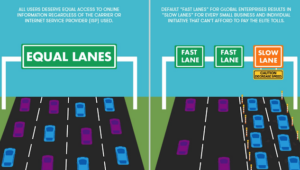
The Role Of The FCC And FTC In This Matter
Since becoming FCC chairman in 2017, Ajit Pai has been hard at work reverse the protections net neutrality provides.
In August of this year, the FCC opened their site for public opinion on the matter.
The outcome?
A flood of outrage that ended up temporarily crashing their website.
Unfortunately, it seems the commission turned a blind eye to this feedback and proceeded with their vote to eliminate net neutrality.
Mr. Pai hopes to “mark a return to the free market consensus that started with the Clinton administration” with his decision.
He believes that removing net neutrality will not harm consumers because the Federal Trade Commission (FTC) will protect consumers if the free market gets out of control.
While the FTC does oversee consumer protections, it does so for the entire economy.
The FTC will be powerless to reverse the massive impact this rollback will make.
Additionally, any lawsuits brought against ISPs will have to be done individually instead of the blanket prohibition currently in place.
This favors billion-dollar companies who control broadband services.
They will shift the burden of enforcement onto the backs of consumers instead.
Why It’s Important To Keep Net Neutrality In Place
Net neutrality encourages innovation.
How?
Let’s say an entrepreneur decides to launch a new video streaming service that competes directly with “big players” like YouTube.
Presently, net neutrality kept the playing field fair and even.
What happens when you remove net neutrality?
YouTube simply shoves more money (from its enormous budget) to an ISP to favor its content over their small-time competitor.
New businesses with little backing will have no chance in this environment.
The biggest beneficiaries of a rollback are companies like Google, Apple, and Netflix.
Even if ISPs start charging through the roof for their content, these companies can afford to pay up or pass the cost onto consumers who are already hooked to their service.
They could benefit enormously from reduced competition – squash the little guy and the big guy wins.
Despite this, every large tech company has stood up in favor of Net Neutrality. They know what most of us also know:
If you allow ISPs to control the flow of traffic online, you’re handing over power to them ito dictate what users can do online.
What the Web Without Net Neutrality Looks Like
Want a preview of how the Internet without net neutrality may work? Look no further than Portugal.
Users in this small Iberian country have to pay a base fee for general Internet access and pay additional fees for access to packages that open up certain sites or apps.
For example, here are a few packages on offer:
- Social media
This gives you additional data to use services like Facebook, Twitter, and Instagram.
- Music
If you want to listen to your favorite tunes on Spotify, Google Play, or Soundcloud, make sure to buy the music package also.
- Video
Thinking of streaming your favorite show on Netflix?
You guessed it – there’s a package for that too.
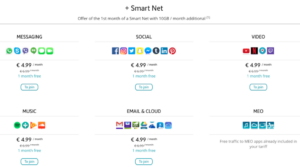
Let’s also consider for a moment what happens when the ISPs start buying businesses that lead to conflicts of interest.
For example, what if a new ISP buys out Hulu? Would they purposely slow down Netflix to promote their own product?
You could still watch Netflix, but you would eventually give up on it after being constantly frustrated by slow speeds.
The real loser here is – again – you the consumer, not the cable company.
Do you love and trust your cable company to have your best interests at heart?
I can’t remember hearing a single customer in the last 15 years of running a tech support company profess their love for Charter or Comcast.
Why does the FCC want to allow them to control what you can do online?
What Americans Think About Net Neutrality And The Steps You Can Take To Oppose it’s Rollback
A majority of Americans support a free and fair Internet.
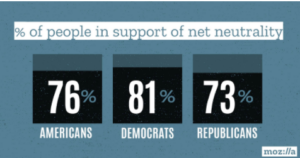
There is still some hope of motivating Congress to do something.
How?
Yell loud and make your voice heard!
If we can convince enough Republican members of Congress to simply oppose the FCC’s plans, they have the power to repeal an agency’s actions.
They can enact something known as the congressional resolution of disapproval.
But this will only happen if they receive enough outcry from their constituents urging them to preserve net neutrality.
Contacting your representative is easy.
Go to your Facebook account and look for the “Town Hall” option on the left-hand side under “Explore” (you may have to click on “see more”).
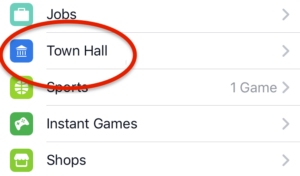
The town hall feature shows you a list of representatives for your state.
If you’ve added your home address, you’ll even see your local representatives. It just takes the click of a button to contact them.
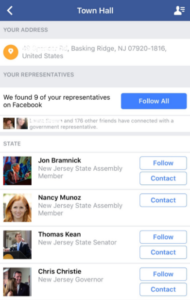
Net neutrality affects every Internet user.
There’s still time to make your voice heard and make a difference.
Like This? We have more!
Sign up below to be kept in the loop and be sent more content like this in the future!
